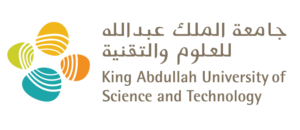Bioscience | Marine Science
Cataloging the complexity of the ocean genome
An open-access catalog of the global ocean genome offers novel taxonomical and functional insights and unlocks the potential of blue biotechnology
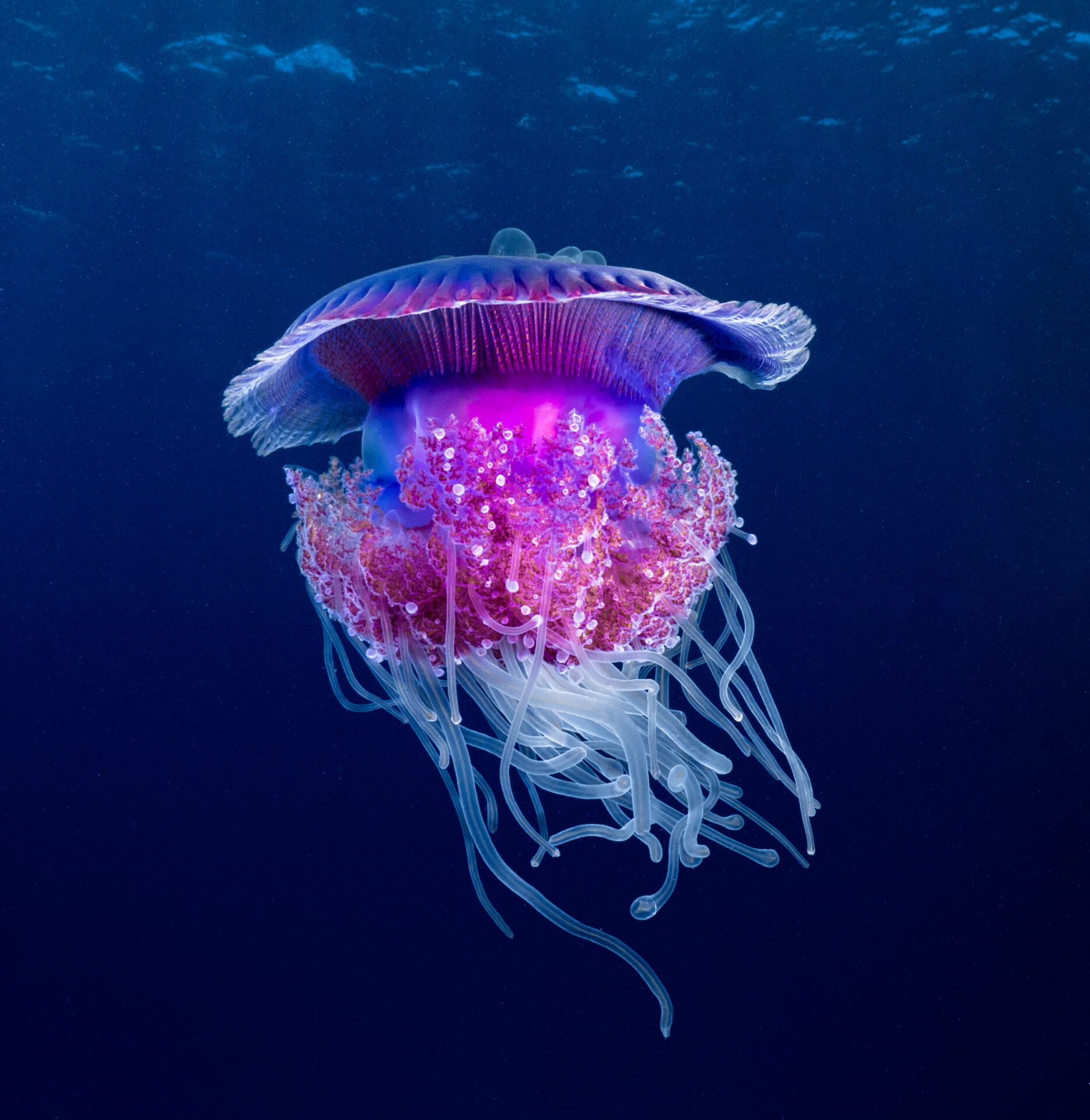
The “global ocean genome” comprises the pool of genes from marine biodiversity and the functional information that these genes encode. It represents a significant international asset for better understanding of the marine environment and for potential benefits to society. Comprehensive analyses of the ocean genome will reveal novel genes that may have potential for use in diverse sectors including biomedicine, food and energy.
Researchers and scientists from KAUST and the Spanish National Research Council have now released the KAUST Metagenome Analysis Platform (KMAP) Global Ocean Gene Catalog 1.0, the largest to date open-access global ocean genome catalog of marine microbial life. The KAUST Metagenome Analysis Platform, an integrated web-based tool for the comprehensive reannotation and exploration of shotgun metagenomic data developed by bioinformatician Intikhab Alam and colleagues, underpins the Ocean Gene Catalog.[1]
“Beyond enhancing our understanding of the ocean microbiome and its metabolic capabilities, the catalog serves as a foundation for monitoring the impact of global warming, pollution and other changes to ocean health,” says Ph.D. student Elisa Laiolo, who was supervised on the project by Carlos Duarte and colleagues.
The catalog contains around 308.6 million gene clusters from 2,102 open-access ocean metagenomes, which have been assembled and reannotated. This represents just a portion of the immense genetic wealth that the oceans offer. Much of the world’s oceans, particularly the seabed or benthic realm, remain largely unexplored. The catalog will grow as new data are integrated.
One example of the oceans’ genomic potential is the green fluorescence protein (GFP), first isolated from jellyfish, that is now widely used in medical imaging diagnostics.
However, harnessing the potential of “blue biotechnology” resources requires global cooperation. “Intellectual property ownership and the establishment of a fair and just framework for benefit sharing of oceanic genetic resources are currently key global discussion points,” says Laiolo.
The new catalog comes at a pivotal time. The BBNJ Treaty was reached in March 2023 as part of the United Nations Convention on the Law of the Sea and covers the conservation and sustainable use of marine biological diversity in areas beyond national jurisdiction.
Data from the catalog provides new insights into the taxonomic complexity of the ocean. While bacteria dominate in terms of genetic diversity, with important impacts on biogeochemical cycles, viral diversity seems to have a bigger role than previously thought. For now, the catalog only includes DNA viruses – RNA viruses will be added as more data becomes available.
In the mesopelagic or “twilight” zone, fungi account for more than half of the distinct gene clusters identified. “This emphasizes the significant contribution of fungi to microbial diversity and carries functional implications for their role in elemental cycling in the ocean,” says Laiolo.
“We must also recognize that the ocean genome is not static, but rather a constantly evolving entity, influenced significantly by human-induced alterations,” adds Duarte. The genetic make-up of marine organisms is influenced by plastic and synthetic pollutants, climate change and associated threats including ocean warming and acidification. The catalog will enable scientists to examine the functioning of marine ecosystems under such challenging conditions.
Reference
- Laiolo, E., Alam, I., Uludag, M., Jamil, T., Agusti, S., Gojobori, T., Acinas, S., Gasol, J.M. & Duarte, C.M. Metagenomic probing toward an atlas of the taxonomic and metabolic foundations of the global ocean genome. Frontiers in Science 1, 1038696 (2024).| article
You might also like
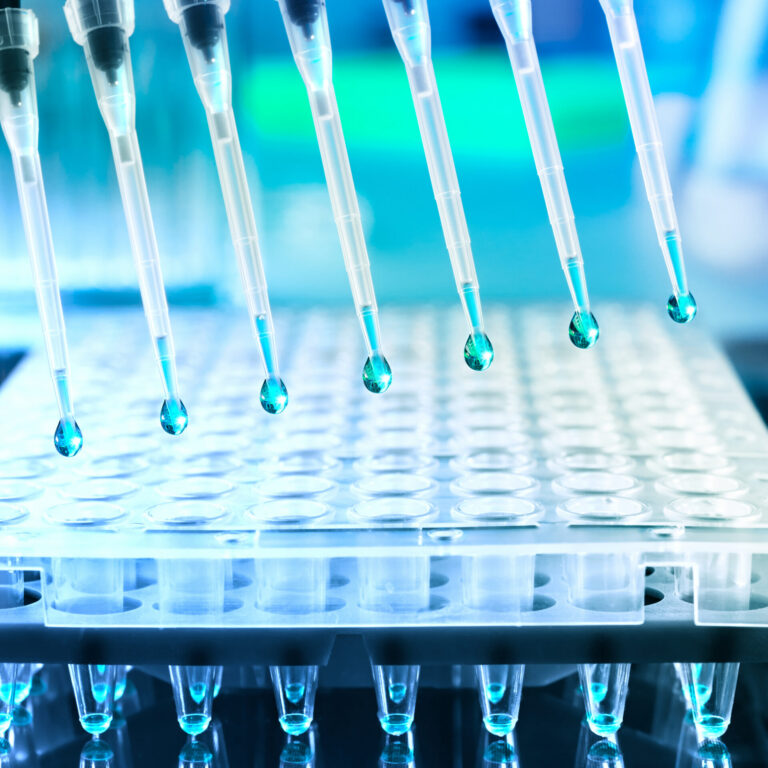
Bioscience
Robust workflow built for chemical genomic screening
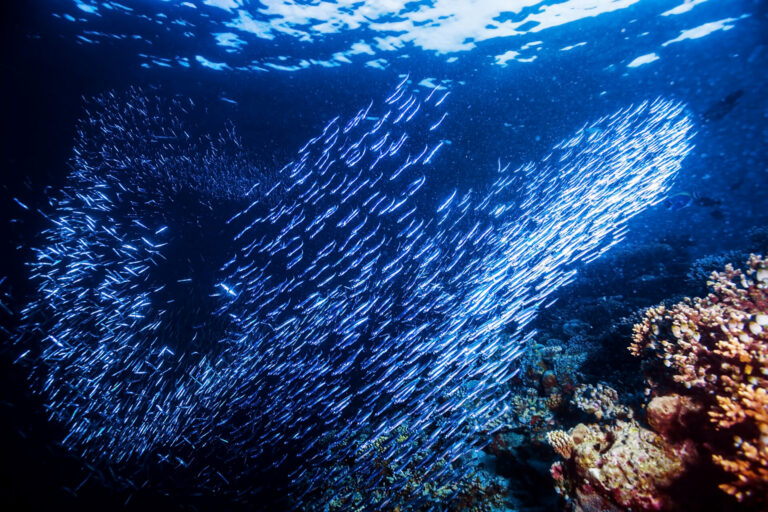
Marine Science
Potential gains from replenishing reef fish stocks revealed
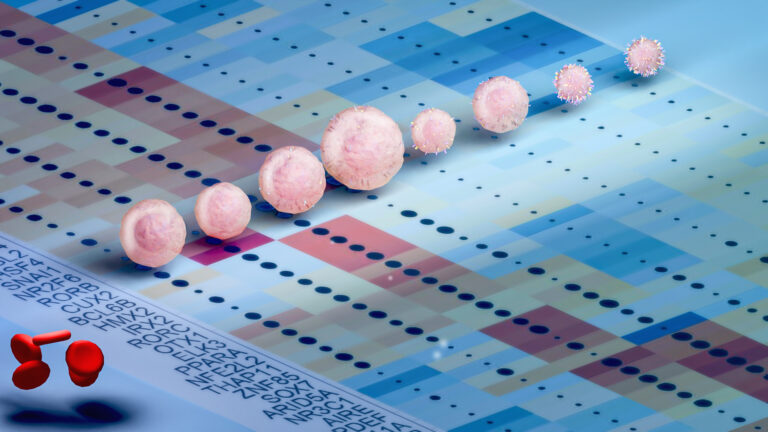
Bioscience
Cell atlas offers clues to how childhood leukemia takes hold
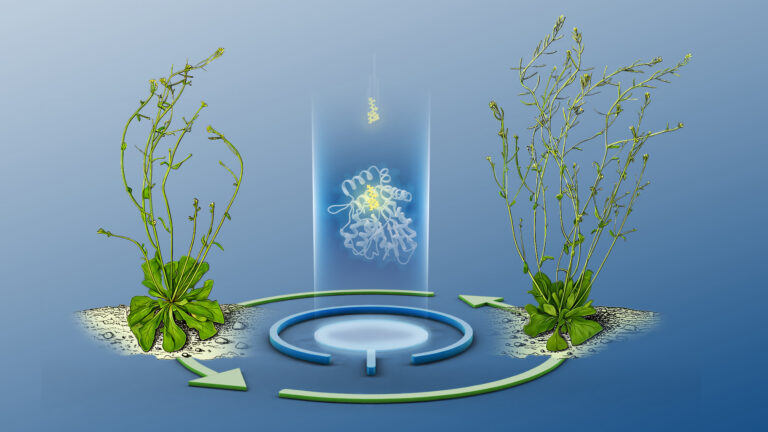
Bioscience
Hidden flexibility in plant communication revealed
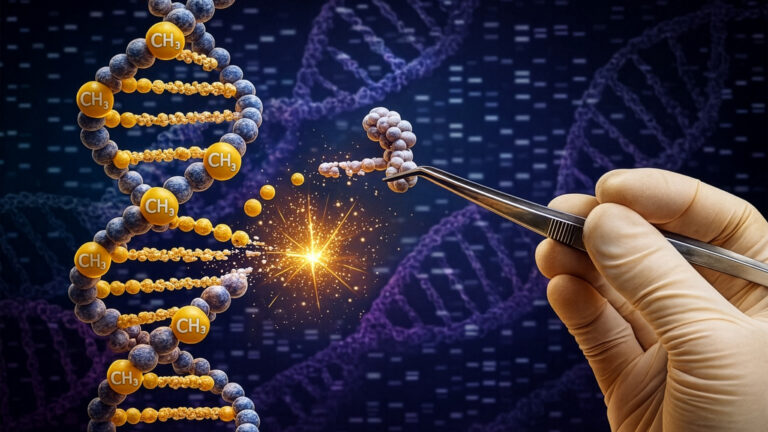
Bioscience
Harnessing the unintended epigenetic side effects of genome editing
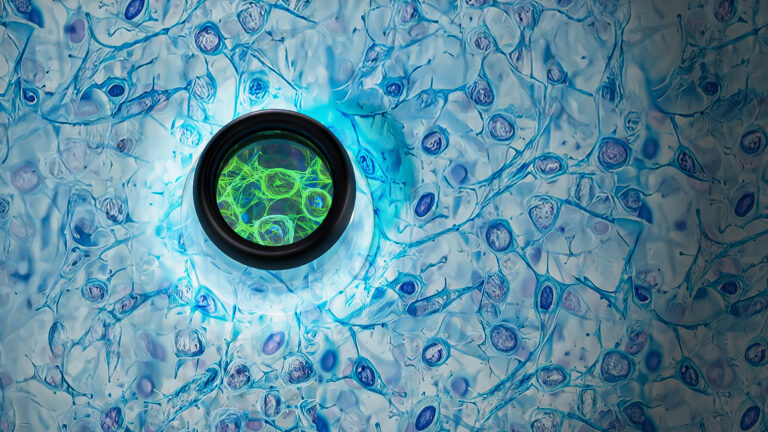
Bioscience
Mica enables simpler, sharper, and deeper single-particle tracking
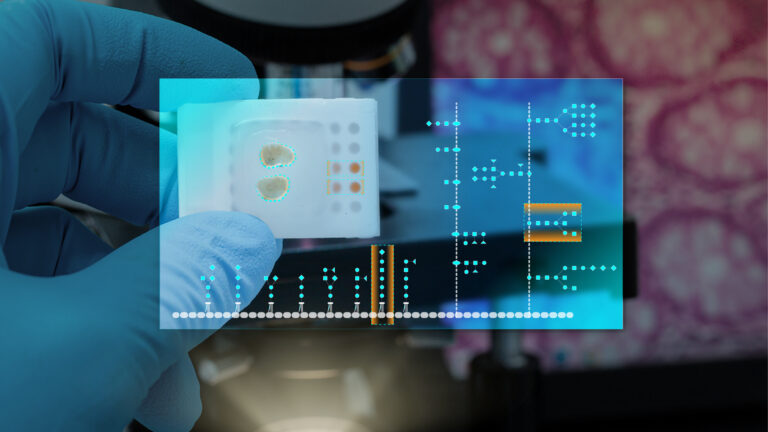
Bioengineering
Cancer’s hidden sugar code opens diagnostic opportunities
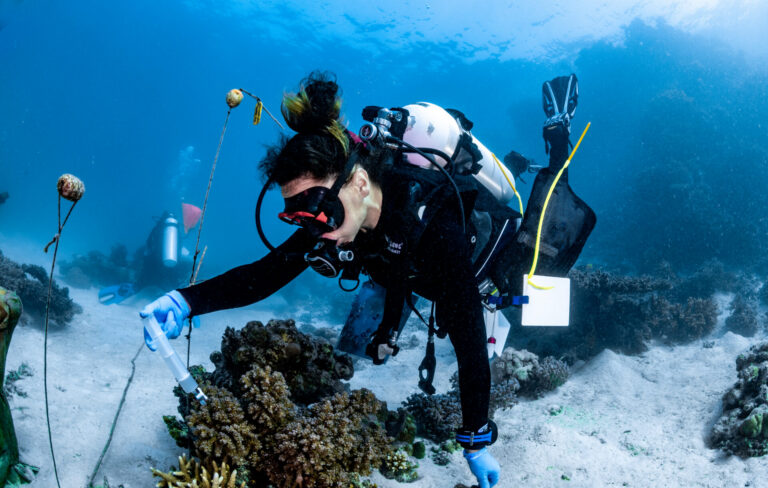
Marine Science
